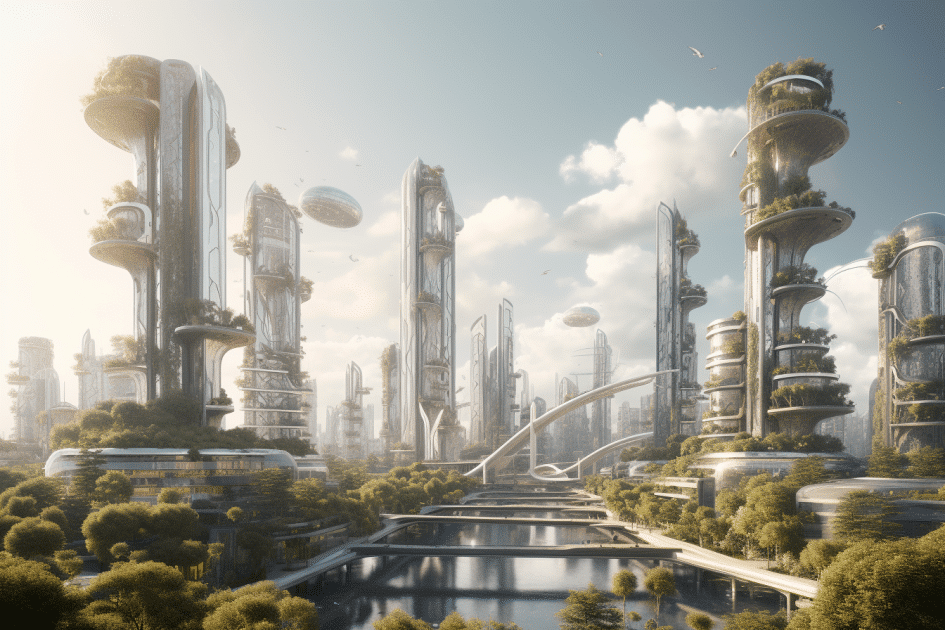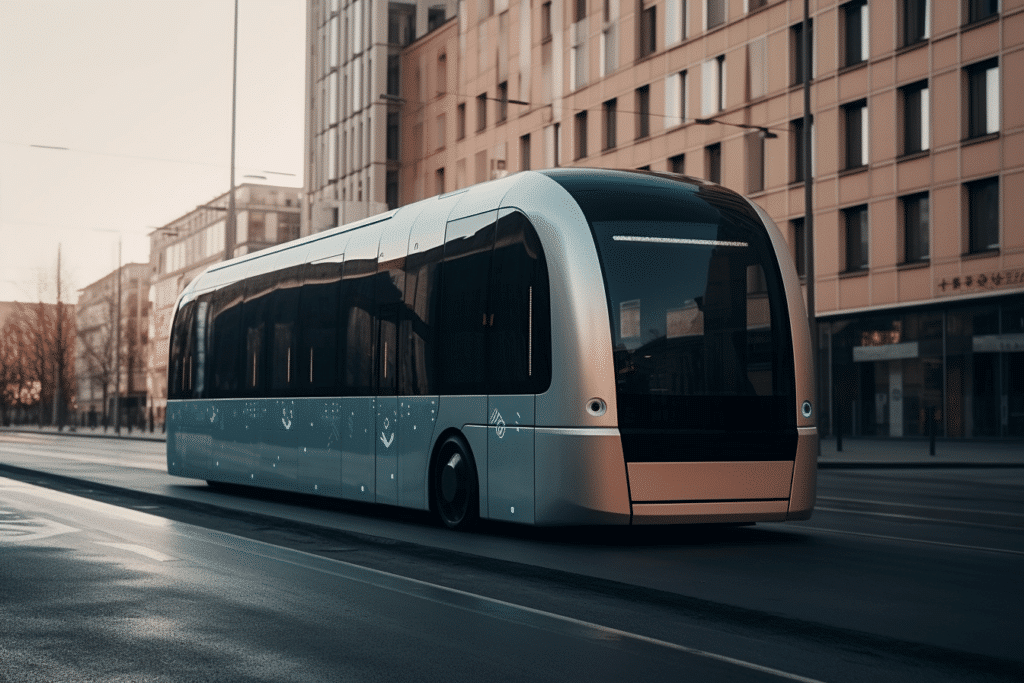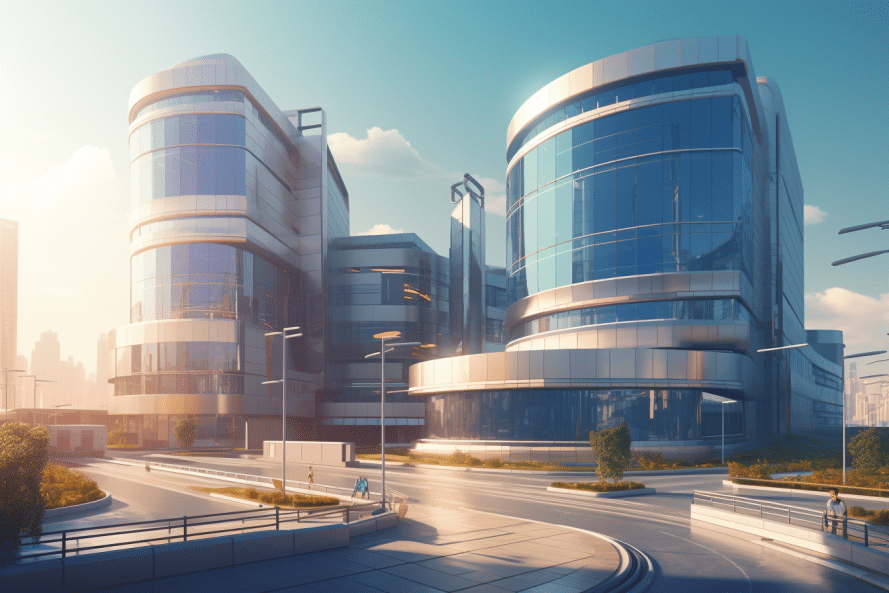Envisioning the future, for the new generations, means taking into account societal challenges that previous generations had already (potentially, one might say) identified.
The “top challenges of tomorrow” include an aging population, urbanization at its peak and the overexploitation of resources.
All of which does not go in the direction of reducing the social divide.
Strangely enough, it is the “older” generations that show the most reluctance towards new technologies, fearing that the era of the “man-machine” will disrupt the “normal order” of things in our societies(isn’t this somewhat paradoxical?) .
Today, however, a certain amount of research and work shows that we would have everything to gain by using, with the necessary hindsight, Artificial Intelligence (AI ) in order to reorganize our societies.
If only in terms of an analysis tool to determine the problems that surround us (environmental, health, institutions, demographic…etc).
And in the pursuit of these studies, to create and innovate for a sustainable management of our resources, goods and services.
This is evidenced by the development of this new form of urbanization with “smart cities”, cities designed and built using different types of AI.

AI for sustainable urbanization: smart cities
AI offers multiple ways to make cities smarter and more sustainable.
Defining a “smart city
A smart city uses available technologies to improve the quality of life of its inhabitants, reduce its ecological footprint and improve its operational efficiency.
Data is collected by sensors and monitoring systems to provide real-time information on such things as: traffic, air quality, energy consumption, etc.
This data will then be used to optimize city management, improve mobility, reduce energy consumption and ultimately encourage citizen participation.

The benefits of AI in building sustainable smart cities
The ultimate goal of these smart cities is to create a more sustainable, more efficient and more pleasant urban environment for us, city dwellers.
Whether it is mobility, energy, security or waste management, the AI used in the cities of the future responds to the problems of the new generations:
- reduction of energy consumption,
- Reduced traffic congestion,
- improved public safety
- waste reduction.
Going further: will cities save the world? ?

The challenges of AI to make our cities “smart cities
You will have noticed it and you are probably wondering: AI is a perfect tool to optimize the organization of our companies, certainly, however, how to protect the handling of all these collected data?
Indeed, as mentioned above, sensors and other monitoring systems are programmed to capture and analyze the surrounding data.
What about the privacy of citizens? How can we ensure that these systems are trusted?
How to ensure a healthy collaboration between the different actors: governments, companies, universities, or even us, citizens.
The answer, as is often the case, is to find a happy medium.
Examples of smart cities
In fact, smart cities are developing a little more every day.
- Singapore: considered one of the most advanced smart cities in the world, with intelligent transportation systems, environmental monitoring sensors and efficient energy management.
- Barcelona: Barcelona is a smart city that uses technologies to improve the quality of life of its inhabitants. The city has developed mobile applications to facilitate travel, citizen participation and waste management.
- Tokyo: improving mobility, safety and energy efficiency, Tokyo has also developed projects for waste management and environmental protection.
- Amsterdam: With an efficient energy management system, intelligent transportation systems and waste management projects, Amsterdam has also developed mobile applications to encourage citizen participation.
- Dubai: Like the cities mentioned above, Dubai uses technology to improve mobility, security and energy management. It has also developed projects for water management and renewable energy production.
Beyond the financial aspect, which certainly takes an important place in the debate on the quest for a more sustainable innovation, one of the most important parts of this work lies in changing mentalities.
What about companies?

The impact of AI on business innovation
On a smaller scale, the challenges remain the same.
Using AI can help companies innovate by improving efficiency, productivity and competitiveness. However, the data collection and analysis part, with all the privacy and consumer trust issues necessarily arise.
Again, there are examples of companies seeking to innovate in a sustainable way through AI:
- to help manage the carbon footprint of data centers by predicting energy consumption and optimizing energy efficiency.
- optimize the energy consumption of buildings.
- prevent water pollution by monitoring pollution levels and predicting contamination risks.
- Pursue sustainability in supply chains, monitoring greenhouse gas emissions and optimizing water and resource use.

Galeon: sustainable innovation in the service of medicine thanks to medical AI
On a daily basis, Galeon is constantly coming up with ideas to innovate in medical AI.
The idea is to improve both the health systems in general, the working conditions of health care workers, or research ….etc.
This is a major task, especially when it comes to protecting patient data.
To do this, Galeon has several strings to its bow:
- Use of the blockchain to validate the secure transfer of medical data.
- Using blockchain swarm learning (BSL), inspired by the concept of machine learning, to quickly and accurately analyze health data at scale.
- Development of a shield system(Hacker Defense Protection, HDP) to secure partner hospitals’ IT infrastructures against hacker attacks.
- Development of an AI model for billing caregivers’ acts to facilitate their work and improve the traceability of care.
- And more work underway on other AI projects to improve the working conditions of healthcare professionals and the quality of medical care.
In short, Galeon is not done with innovation!

Conclusion
- The different generations must take into account current and future societal challenges to contribute to sustainable innovation. ♻️
- New technologies such as Artificial Intelligence (AI ) can contribute to the reorganization of our societies and companies into smart cities through real-time calculation of informative data. ?
- Protecting the privacy of citizens is an important issue to address to ensure healthy collaboration between different stakeholders in sustainable innovation. ?



0 comments